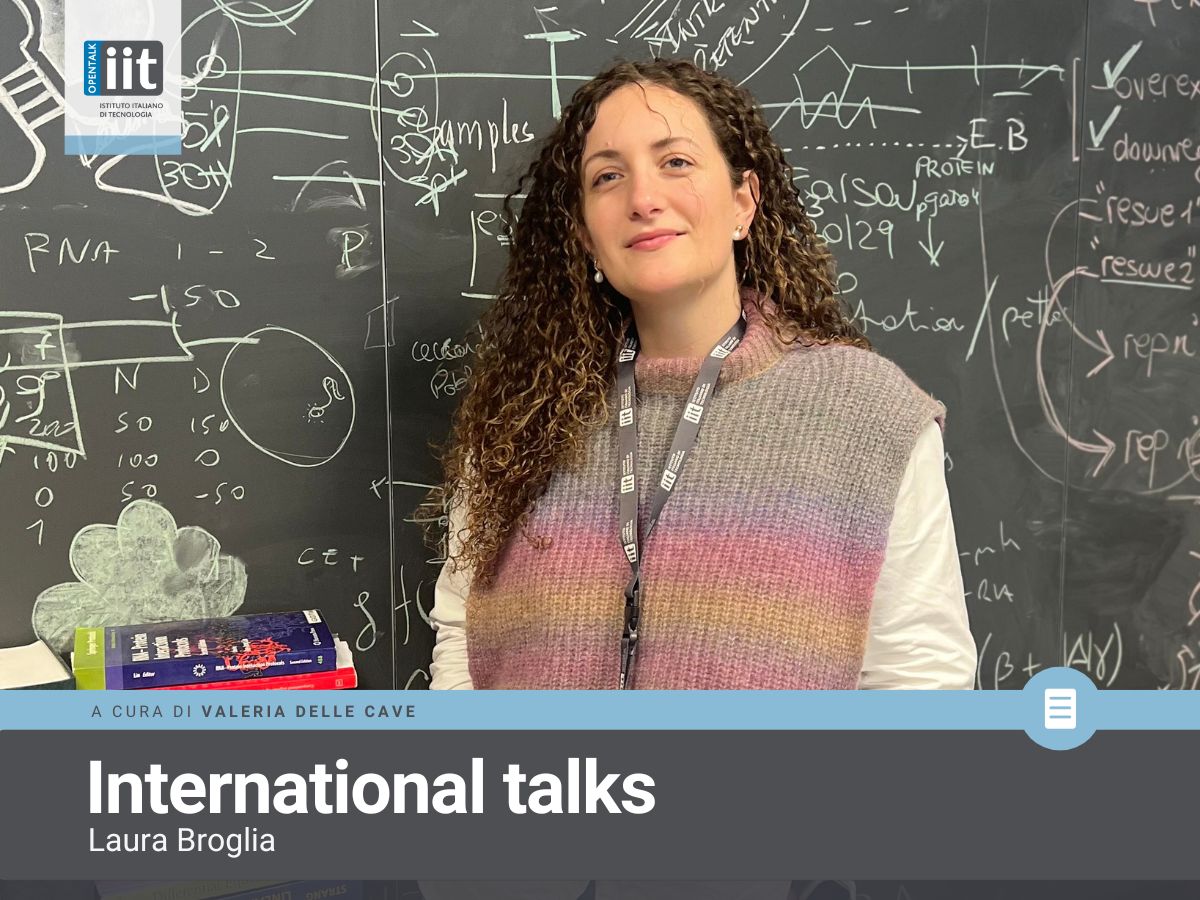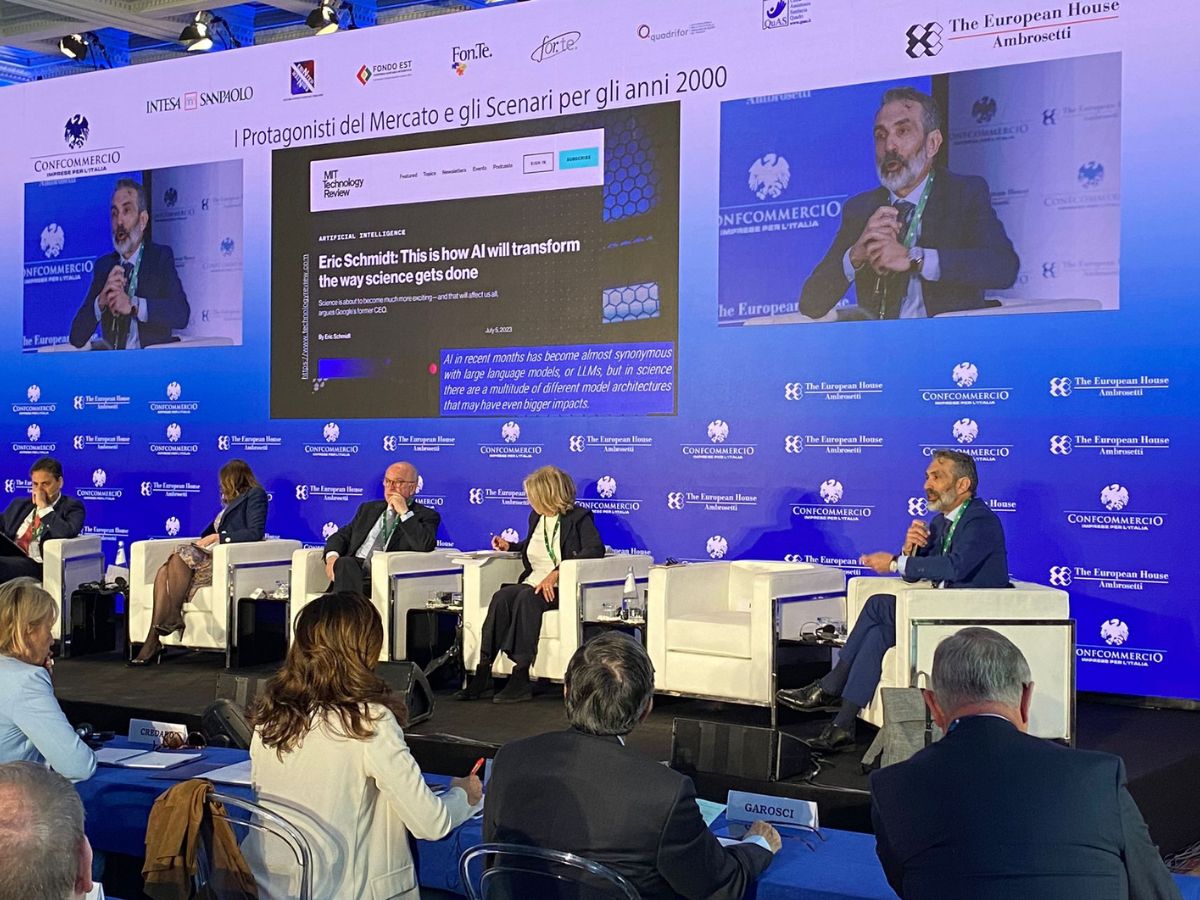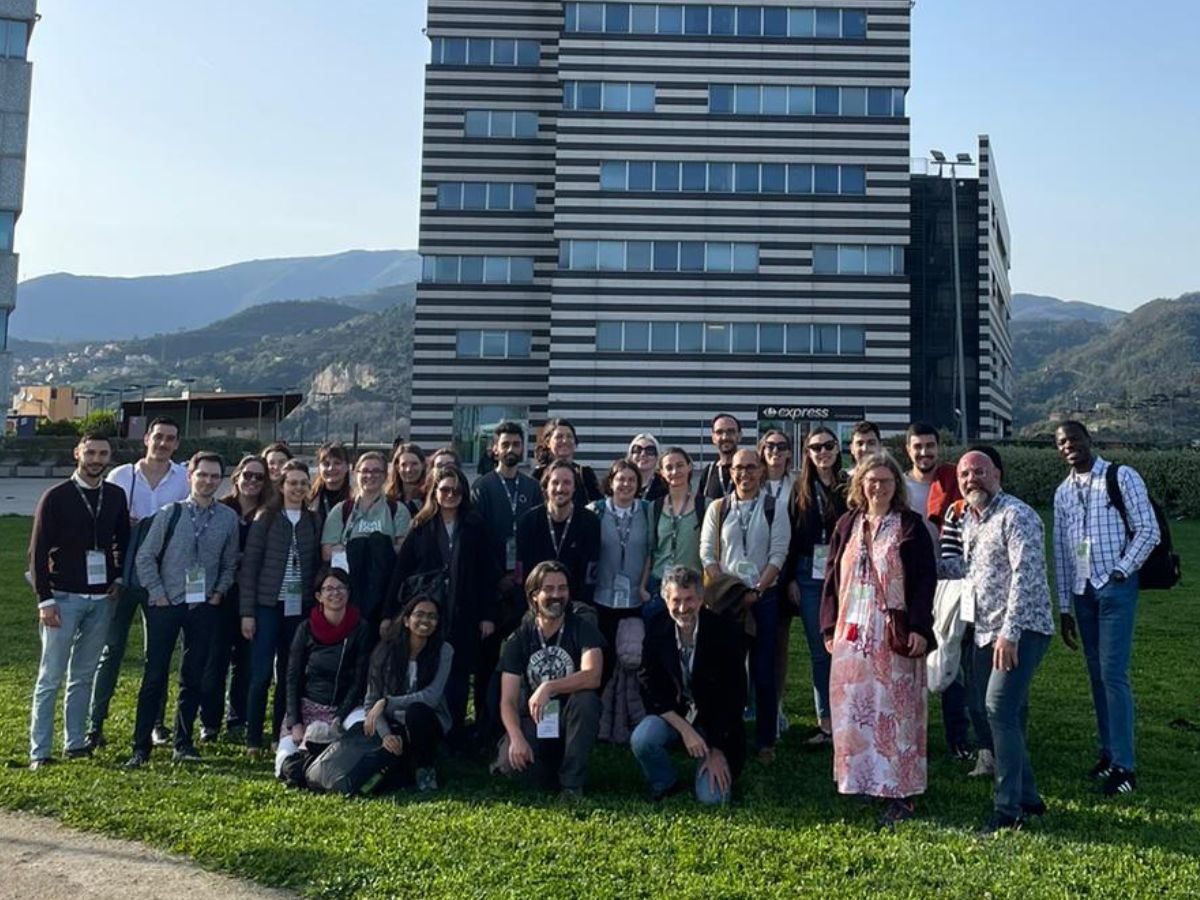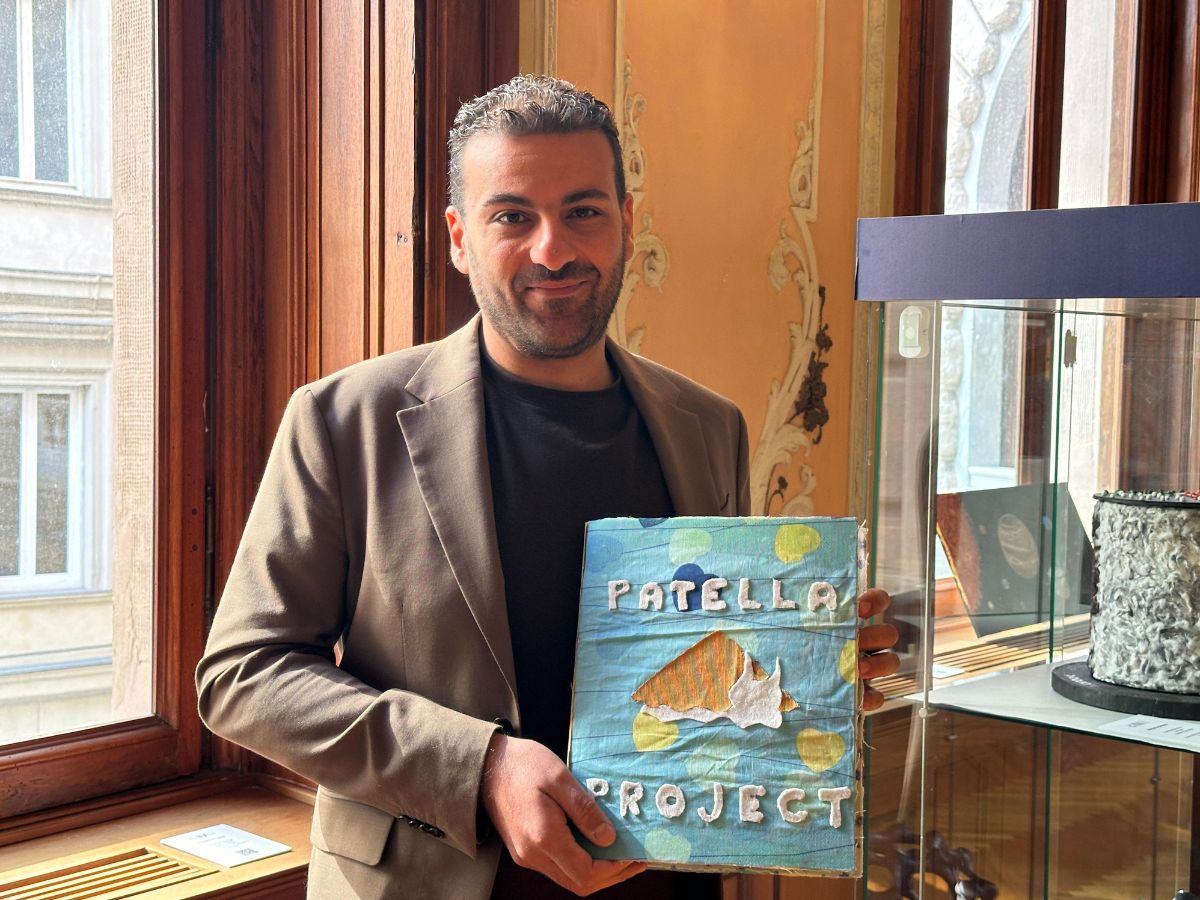A woman scientist’s Journey chasing RNA
Since the onset of the COVID-19 pandemic and the development of RNA-based vaccines that have played a crucial role in saving millions of lives, the term ‘RNA’ has become increasingly common. But what exactly is RNA? In every living organism, there is a genetic code (made of DNA) that essentially contains all the instructions on how that organism should function. Making a living system work is not just a matter of having the instructions; the information needs to be conveyed from the genetic code to the machineries responsible for executing the instructions through the synthesis of proteins. This is where RNA comes into play, serving as the molecules that transfer this vital information, by acting as a template for coding protein production. This is also where my research life found its beginning, becoming a quest of knowledge around Europe.
I started to get intrigued by the world of RNA biology during my master studies in Molecular and Industrial Biotechnology at the Alma Mater Studiorum – University of Bologna. Here, I developed a strong interest in those RNAs that do not code for proteins, but that exert their function in different cellular processes solely as RNA molecules. In the intricate world of biology, exceptions to the rules are not uncommon, and I was fascinated by these small molecules whose behaviour was still unclear.
I started with a class of these RNAs, namely small RNAs, that in bacteria orchestrate gene expression with a variety of intricate molecular mechanisms. With the idea to delve deeper in the understanding on how these molecules work—for my master thesis—I embarked on an enlightening journey to study how bacteria control their gene expression at the level of RNA. The journey was also physical, because this study led me to join in 2015 the laboratory of Prof. Emmanuelle Charpentier at the Helmholtz Centre for Infection Research in Braunschweig in Germany.
I studied how RNA molecules are degraded and why this is important for gene expression regulation in the human pathogen Streptococcus pyogenes, that bug often responsible for sore throat. One might find it somewhat contradictory to study the importance of RNAs in gene regulation by exploring their breakdown. Yet, in molecular biology (as much as in other aspects of life) dismantling is as important as building. Consider RNAs as complex molecules made up of smaller components. Specific proteins, known as ribonucleases, have the ability to break down RNA molecules into their essential modules (process known as RNA degradation), refining their composition and thereby influencing at the RNA level when and how much protein is produced.
After obtaining my MSc, I was highly motivated to continue this research path in the same research group, but this time in Berlin at the Max Planck Institute for Infection Research and then in the Max Planck Unit for the Science of Pathogens. Once there, I further investigated the mechanisms of RNA degradation by identifying the specific targets of various ribonucleases, examining the precise locations of their cleavage and how they cooperate to control gene expression. The PhD period, in an international and interdisciplinary environment, has proven to be a profoundly enriching experience, both scientifically and personally. Living in Berlin was the icing on the cake. Coined by its mayor in 2003 as ‘arm aber sexy‘ (poor but sexy), Berlin it is the place-to-be for artists, known for its open-minded and non-judgmental atmosphere. I embraced its dynamism, unique architecture, and the myriad possibilities it offers.
In 2020—in between COVID-19 waves and multiple scheduling attempts—I defended my PhD thesis. In the same year another big event happened. My PhD supervisor, Emmanuelle Charpentier, was awarded with the Nobel Prize in Chemistry for her contribution to the development of the CRISPR-Cas9 gene editing technology. I recall that day when my office colleagues and I gathered to watch the announcement, as was tradition to do every year. When the secretary-general of the Royal Swedish Academy of Sciences said, “This year’s prize is about rewriting the code of life…” we immediately understood. We left the offices, started clapping, and as she came out of her office, the celebration began!
Witnessing that event inspired me to further explore molecular mechanisms with the potential to contribute to innovative therapies and drugs. After my PhD, it was clear to me that I still wanted to investigate the RNA world and that I loved (and I still do) the bench work in the lab. However, I wanted to challenge myself with a diverse working model and address new scientific questions: I decided to move from the study of RNAs in bacteria to that of more complex cells, such as human cells.
In 2021 I joined, as a post-doc, the laboratory of Prof. Gian Gaetano Tartaglia, who was at that time establishing his lab from the Centre for Genomic Regulation in Barcelona to the Center for Human Technologies at the Italian Institute of Technology (IIT, Genoa). The Tartaglia group is characterized by a high interdisciplinarity, where biologists and chemists work hand in hand with computational and bioinformatic experts. This dynamic environment has offered me the opportunity to explore my favorite molecule, the RNA, from a diverse perspective.
While settling into this new phase of my career, I began working on applications for European fellowships to support my post-doctoral experience. Moving to another country, despite it being my home country, was far from easy, considering also the challenges posed by the lockdown due to the COVID-19 pandemic. Despite these circumstances, 2022 brought a rewarding turn of events when I was awarded with the European Molecular Biology Organization (EMBO) post-doctoral fellowship. This fellowship supports post-doctoral researchers across Europe to explore new directions in their research. Throughout the one-year EMBO fellowship, I delved into the study of specific RNA regions, exploring their involvement in the regulation of proteins frequently linked to neurodegenerative diseases. During this period, I had the possibility to benefit from the training and network opportunities provided by EMBO. Several months later I was delighted to learn that I had won the Marie Skłodowska-Curie Action (MSCA) post-doctoral fellowship, too. Securing both fellowships not only extended my time in the guest lab, but also gave me the opportunity to further develop my research projects, to receive excellent training and to learn how to navigate the application processes.
I recently started the MSCA fellowship during which I will study the regulation, at the RNA level, of proteins that binds RNAs (i.e. RNA-binding proteins). Understanding how these proteins, when not properly regulated, can form toxic aggregates is crucial, particularly as these aggregates are often implicated in neurodegenerative disorders. Over the next two years, I will employ a combination of computational approaches and experimental methods to decipher how mutations contribute to the mis-regulation of these RNA-binding proteins. This comprehensive understanding is fundamental for the development of potential therapeutic interventions.
One of the things I have learned is that the RNA biology field is ever-changing, just when you think you have seen it all, a new RNA molecule or molecular mechanism pops up, reminding you that the thrill of discovery never ends. That’s what I love most about working in this field – always being ready for the unexpected!
I am truly enjoying this phase of my career. My passion for the projects, coupled with the support from the MSCA, my supervisor, and IIT colleagues, creates the perfect blend for an enriching post-doc experience. Although returning to my home country is often associated with the cliché that good weather and delicious food make everything easier, the reality is that a post-doc is demanding, regardless of location. It represents a pivotal step towards achieving scientific independence. While the journey can be intense, I do believe that with genuine enjoyment for your work and the right support, it turns out to be a rewarding and fulfilling experience.
Would I recommend younger students to pursue a career in science? Absolutely yes, irrespective of their gender, if it is their passion and they genuinely enjoy the (long) journey to discoveries. Personally, I have never experienced discrimination as a woman, and I am grateful to all scientists that paved the way for increased opportunities for women in science today. I believe times are changing, and women should confidently embrace their achievements without self-doubting too much — not because of our gender, but because we rightfully deserve it.





